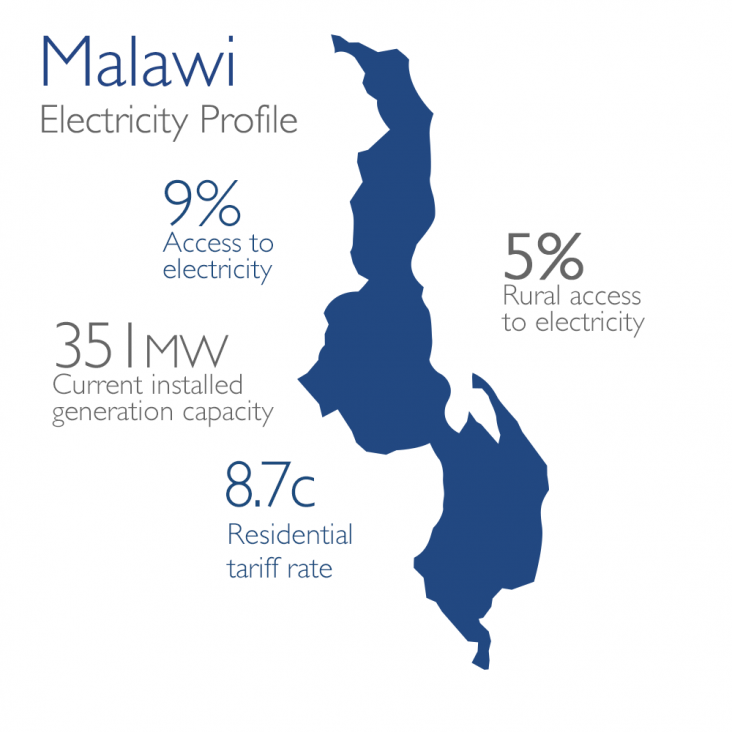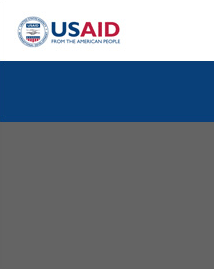- Where We Work
- Interactive Map
- Afghanistan and Pakistan
- Africa
- African Union
- Power Africa
- About Us
- How We Work
- Partners
- News & Information
- Power Africa Toolbox
- Where We Work
- Angola
- Benin
- Botswana
- Burkina Faso
- Burundi
- Cameroon
- Chad
- Côte d`Ivoire
- Democratic Republic of the Congo
- Djibouti
- Eritrea
- Ethiopia
- Gabon
- Gambia
- Ghana
- Guinea
- Guinea Bissau
- Kenya
- Lesotho
- Liberia
- Madagascar
- Malawi
- Mali
- Mauritania
- Mozambique
- Namibia
- Niger
- Nigeria
- Republic of Congo
- Rwanda
- Senegal
- Sierra Leone
- South Africa
- South Sudan
- Swaziland
- Tanzania
- Togo
- Uganda
- Zambia
- Trade and Investment Engagement
- Angola
- Benin
- Botswana
- Burkina Faso
- Burundi
- Cameroon
- Central Africa Regional
- Central African Republic
- Chad
- Côte d'Ivoire
- Democratic Republic of the Congo
- Djibouti
- East Africa Regional
- Ethiopia
- Ghana
- Guinea
- Kenya
- Lesotho
- Liberia
- Madagascar
- Malawi
- Mali
- Mauritania
- Mozambique
- Namibia
- Niger
- Nigeria
- Republic of the Congo
- Rwanda
- Sahel Regional
- Senegal
- Sierra Leone
- Somalia
- South Africa
- South Sudan
- Southern Africa Regional
- Sudan
- Swaziland
- Tanzania
- Uganda
- West Africa Regional
- Zambia
- Zimbabwe
- Asia
- Europe and Eurasia
- Latin America and the Caribbean
- Middle East
- Mission Directory
Malawi
POWER AFRICA FACT SHEET

Power Africa Support
Power Africa is actively engaged in the development of Malawi’s power market.
Power Africa support in Malawi is solidified by an agreement with the Government of Malawi through a Memorandum of Understanding (MOU). The agreement guides the use of new Power Africa funds—$1.6 million in Fiscal Year 2016—that support the $350 million Millennium Challenge Corporation (MCC) Malawi Compact, as well as broader U.S. Government electrification efforts in Malawi. The MOU also includes important sector reform commitments from the Government of Malawi and reinforces some of the key reform goals in MCC’s compact, such as implementing a cost-reflective electricity tariff by the end of the compact, and partially unbundling the national utility, the Electric Supply Company of Malawi (ESCOM), into two separate companies. This would introduce a transparent framework for the procurement of new power generation, and improve revenue collection at ESCOM by converting all customers to prepaid meters.
In May 2016, Power Africa together with the Government of Malawi selected an advisor to be embedded in ESCOM. The advisor is funded by Power Africa and is working directly with ESCOM to support the implementation of a framework for the incorporation of privatized generation through independent power producers (IPPs) within the national energy strategy. At present, Malawi is experiencing an increase in private sector interest within its energy sector and the advisor will support ESCOM through the negotiations of power purchase agreements (PPAs) and provide critical capacity building to ESCOM.
The MCC compact is a single-sector program designed to increase incomes and reduce poverty by revitalizing Malawi’s power sector and improving the availability, reliability and quality of the power supply. The compact’s Power Sector Revitalization Project seeks to increase the capacity and stability of the national electricity grid through direct infrastructure support to Malawi’s transmission and distribution systems. It also seeks to bolster the efficiency and sustainability of hydropower generation.
In addition to the MCC compact, in March, 2015 the US Trade and Development Agency (USTDA) awarded a grant to Malawi’s Ministry of Natural Resources, Energy and Mining division. The award will fund a feasibility study to support the development of a hydropower plant on the Luweya River, located in the Nkhata Bay District in Malawi’s Northern Region.
By supporting the development of a new renewable energy generation facility in Malawi, this project supports the goals of Power Africa and builds upon the Malawi Power Sector Opportunities Reverse Trade Mission, which USTDA hosted in November 2014 to connect officials from Malawi’s energy sector to U.S. experts and solutions that can help them meet their development goals. Additionally, in May 2015, the MCC and the Department of Commerce led ten U.S. companies on a joint trade mission to Malawi, where they introduced company representatives to business opportunities in the energy sector. The mission was designed to promote U.S. exports, while simultaneously promoting the expansion of U.S. businesses' presence in Africa.
About Power Africa
Power Africa is a multi-partner initiative which launched in 2013. Power Africa’s goals are to increase electricity access in sub-Saharan Africa by adding more than 30,000 megawatts of cleaner, more efficient electricity generation capacity and 60 million new home and business connections.
Power Africa works with African governments and private sector partners to remove barriers that impede sustainable energy development in sub-Saharan Africa and to unlock the substantial wind, solar, hydropower, natural gas, biomass, and geothermal resources on the continent.
Mobilizing Partnerships & Investments
Power Africa draws on the combined expertise and abilities of 12 U.S. Government agencies, the World Bank Group, the African Development Bank, the Government of Sweden, the Government of Norway, the Government of Canada, the UK Department for International Development, the Government of Japan, the International Renewable Energy Agency, African governments, and private sector partners. Power Africa’s “Toolbox” approach offers a range of resources to advance key projects on the electricity grid and, through the Beyond the Grid sub-initiative, in places where the national grid doesn’t reach.
Power Africa Contact for Malawi
Power Africa Coordinator
Power Africa Malawi Factsheet ![]() (pdf - 497k)
(pdf - 497k)








Comment
Make a general inquiry or suggest an improvement.